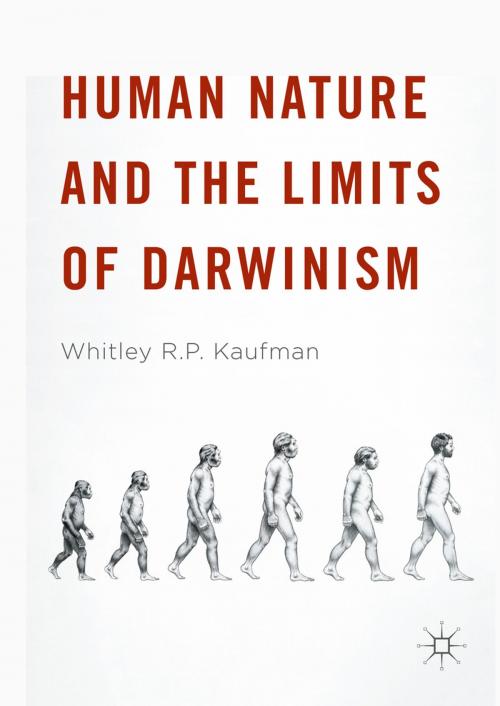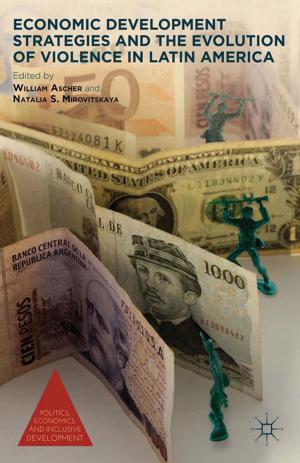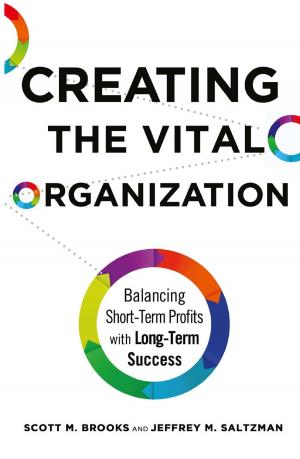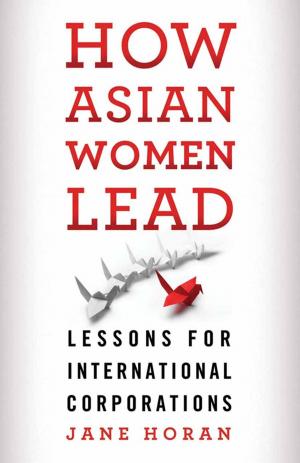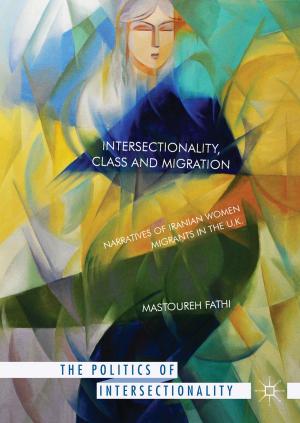Human Nature and the Limits of Darwinism
Nonfiction, Religion & Spirituality, Philosophy, Modern, Metaphysics| Author: | Whitley R.P. Kaufman | ISBN: | 9781137592880 |
| Publisher: | Palgrave Macmillan US | Publication: | June 22, 2016 |
| Imprint: | Palgrave Macmillan | Language: | English |
| Author: | Whitley R.P. Kaufman |
| ISBN: | 9781137592880 |
| Publisher: | Palgrave Macmillan US |
| Publication: | June 22, 2016 |
| Imprint: | Palgrave Macmillan |
| Language: | English |
This book compares two competing theories of human nature: the more traditional theory espoused in different forms by centuries of western philosophy and the newer, Darwinian model. In the traditional view, the human being is a hybrid being, with a lower, animal nature and a higher, rational or “spiritual” component. The competing Darwinian account does away with the idea of a higher nature and attempts to provide a complete reduction of human nature to the evolutionary goals of survival and reproduction. Whitley Kaufman presents the case that the traditional conception, regardless of one's religious views or other beliefs, provides a superior account of human nature and culture. We are animals, but we are also rational animals.
Kaufman explores the most fundamental philosophical questions as they relate to this debate over human nature—for example: Is free will an illusion? Is morality a product of evolution, with no objective basis? Is reason merely a tool for promoting reproductive success? Is art an adaptation for attracting mates? Is there any higher meaning or purpose to human life? Human Nature and the Limits of Darwinism aims to assess the competing views of human nature and present a clear account of the issues on this most pressing of questions. It engages in a close analysis of the numerous recent attempts to explain all human aims in terms of Darwinian processes and presents the arguments in support of the traditional conception of human nature.
This book compares two competing theories of human nature: the more traditional theory espoused in different forms by centuries of western philosophy and the newer, Darwinian model. In the traditional view, the human being is a hybrid being, with a lower, animal nature and a higher, rational or “spiritual” component. The competing Darwinian account does away with the idea of a higher nature and attempts to provide a complete reduction of human nature to the evolutionary goals of survival and reproduction. Whitley Kaufman presents the case that the traditional conception, regardless of one's religious views or other beliefs, provides a superior account of human nature and culture. We are animals, but we are also rational animals.
Kaufman explores the most fundamental philosophical questions as they relate to this debate over human nature—for example: Is free will an illusion? Is morality a product of evolution, with no objective basis? Is reason merely a tool for promoting reproductive success? Is art an adaptation for attracting mates? Is there any higher meaning or purpose to human life? Human Nature and the Limits of Darwinism aims to assess the competing views of human nature and present a clear account of the issues on this most pressing of questions. It engages in a close analysis of the numerous recent attempts to explain all human aims in terms of Darwinian processes and presents the arguments in support of the traditional conception of human nature.
